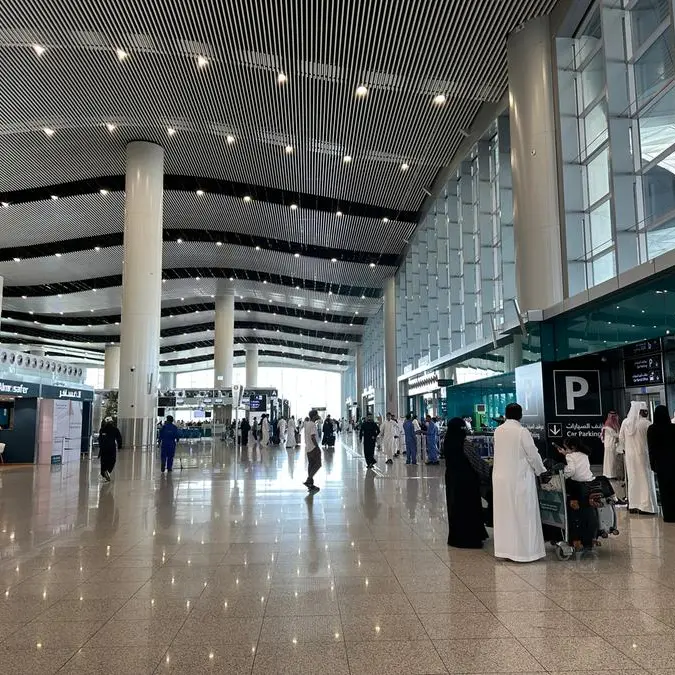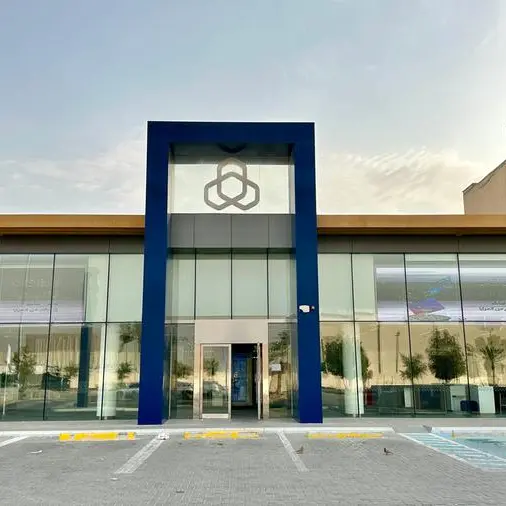PHOTO
Ninety two percent of respondents to a survey launched at Jersey Finance’s new office in the DIFC Monday said that High Net Worth [HNWI] GCC clients are poorly prepared and inadequately structured for the transition of wealth across generations. It is not surprising therefore, that it is estimated that only 6% of family businesses will make it to the third generation if those current structures are not made more effective and compliant. The study concludes that GCC wealth clients need expert guidance in both structures and products, services and merits of International Finance Centers [IFCs] in order to match the complexity of compliance procedures with enhanced knowledge and attention to detail.
With an estimated $1 trillion wealth set to transition between families and generations in the Middle East during the next decade, immense opportunities await High Net Worth (HNW) investors and wealth management companies in the region. According to the latest Jersey Finance proprietary research, prepared in conjunction with Hubbis, there is a growing preference from HNWI clients to professionalize the way succession planning is managed, despite the lack of preparedness. Against this backdrop, offshore jurisdictions that can demonstrate their dedication to transparency, ethics, and quality will survive and prosper in this changing environment.
The report, titled “Wealth Structuring and the International Financial Centers: Perspectives from the GCC” reflects the views of over 70 wealth management industry practitioners working in the GCC market during a thought-leadership roundtable held in September 2018 in Dubai.
The white paper additionally explores the future role of wealth structuring and IFCs in the GCC region, as the world faces increased global regulation coupled with growing demands for financial and wealth compliance. In this context, Jersey Finance invites HNWIs and wealth managers to stress-test structures and analyse their quality, as well as the level of professionalism and reputational status of the IFCs in which they are housed.
Commenting on the research, Richard Nunn, Head of Business Development at Jersey Finance, said: “We are seeing a growing momentum amongst the older generation HNWIs who are reviewing their wealth planning strategies while they are still firmly at the helm. As this is predominantly a family and very personal wealth market, wealth transition and succession planning are still two of the most important topics that the wealth management industry is focused on in this part of the world. As legal and financial infrastructures continue to evolve both globally and locally, there is a stronger need for first-class IFCs and financial practitioners to provide a full suite of wealth management services to cater to the needs of GCC wealthy individuals.”
Looking at the sentiment of clients in the region, the report shows that they are gradually refining their views on their structures in place. 75% of clients now stress test their existing wealth structures, whilst 42% see reputation as a critical factor when selecting an IFC. The use of offshore jurisdictions is highly driven by the geopolitical climate and fears of instability (25%) and succession planning (25%) followed by privacy and confidentiality (17%), asset protection (17%), tax efficiency (8%), and diversification of jurisdictions and assets (8%). This seems to be adding more impetus to clients’ initiatives towards global asset/wealth diversification, wealth structuring and use of IFCs.
The research also indicates that regional markets believe their confidentiality will be best safeguarded in those IFCs which are known to maintain their reputational excellence. According to the findings, HNWI clients in the Middle East understand that the selection of IFC is critical, with reputation being the most important factor. As such, there is a clear trend towards Tier 1 IFCs that are noted for their expertise, regulatory robustness and transparency.
“In this context, our presence in the Dubai International Finance Centre presents a big opportunity as it boasts a dynamic, and integrated business environment. Jersey has a long and solid history in the region and, amidst increasing local and global regulation and compliance requirements, has been successful at promoting its credibility as a international financial centre of excellence. As such, we are very proud to become the only IFC in the DIFC, a testament to our commitment to the region and a strong endorsement to the wealth creation dynamics here. The DIFC is a well-respected environment that enables Jersey firms to have a GCC domestic proposition in addition to the Jersey private wealth management solutions,” Nunn noted.
The report further said the more sophisticated HNWI clients in the GCC are concerned about the cost of having multiple structures in multiple jurisdictions, according to one third of respondents. 75% of industry experts agree that clients are looking to increasingly concentrate their assets and structures in one center.
Offshore corporate structures and private trust companies appear to be the preferred options for the core of GCC HNWI wealth structuring, while trust structures are considered the next most important, alongside citizenship and residency planning.
Unlike the past 20 years where tax avoidance structures were the common practice, there is a gradual move towards today more Shariah-compliant structures such as foundations, and tax transparent structures. There is also a shift away from jurisdictions that are coming under scrutiny, such as those in the Caribbean due to privacy concerns and the fear of unwanted disclosure of their assets.
© Copyright 2018 The Saudi Gazette. All Rights Reserved. Provided by SyndiGate Media Inc. (Syndigate.info).





















